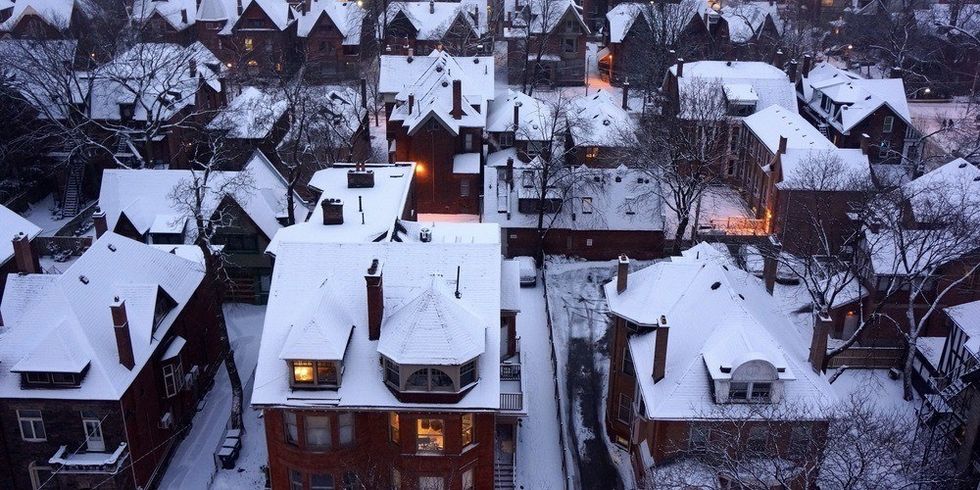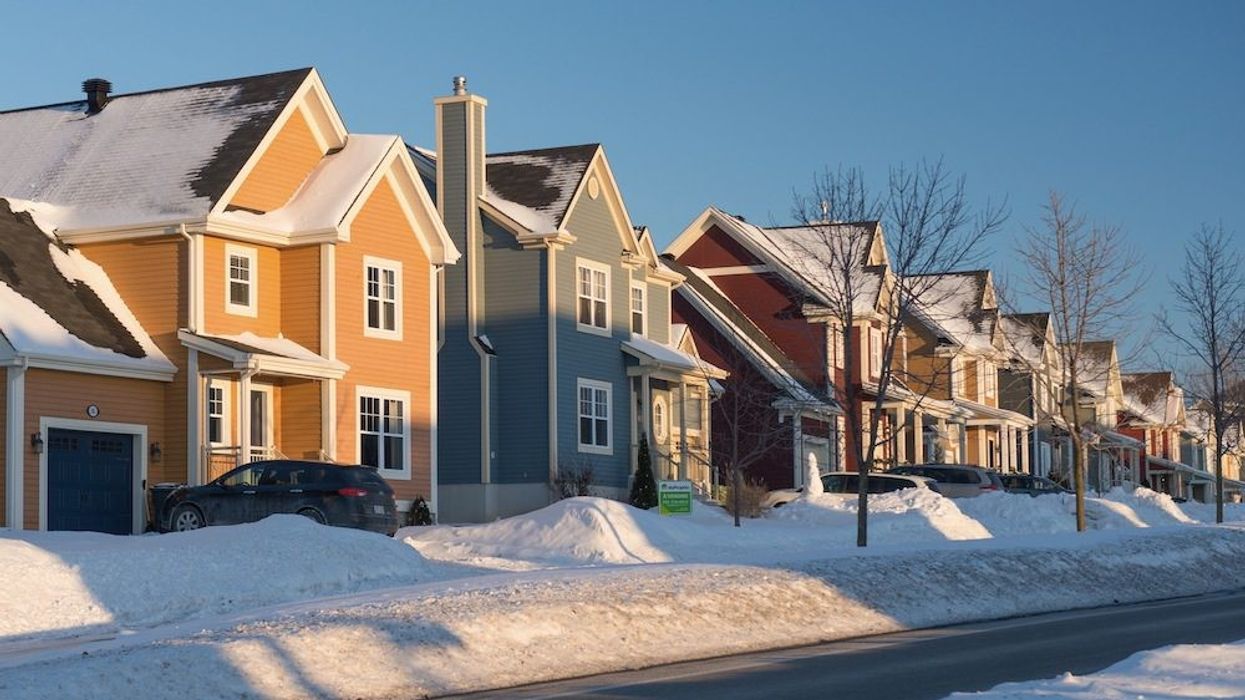The Canadian real estate frenzy of 2021 is glaringly apparent in new data from Statistics Canada (StatCan).
With the flurry of activity on the real estate front -- one that left few corners of the country untouched -- both Canadian home prices and household debt have soared to new heights as of late.
According to national balance sheet data released on Friday from StatCan, the value of residential real estate increased $455.9B to $8,683.1B in the fourth quarter of 2021, ending the year up $1.6T from 2020 and over $2.5T higher than 2019.
As StatCan reports, since the end of 2020, the value of residential real estate has climbed 23%, accounting for 65.4% of the increase in household net worth over the same period. Prior to the onset of the pandemic, annual growth in the value of residential real estate had reached a 14.8% at its peak in 2006. The value of real estate as a proportion of household disposable income continued to grow in 2021, climbing 562.2% in the fourth quarter and 538.3% in the third quarter.
Climbing real estate prices have increased the net worth per person in Canada to $449,450 at the end of 2021 -- and increase of almost a quarter from 2020.

The rising value of homes was the result of a perfect storm of historically low interest rates, strong immigration flows (despite the pandemic), and a desire to upgrade when it comes to more space to live and work.
In the fourth quarter of 2021, the average sale price increased 6.8% from the third quarter, as home resale supply hit record-low levels. On a year-over-year basis, there were 7.4% fewer home sales recorded in the fourth quarter of 2021 compared with the same quarter in 2020. Despite the incredibly tight levels of supply, real estate activity on the fourth quarter notably outpaced any fourth quarter prior to the onset of the pandemic.
Household Debt Levels Rising Alongside Home Prices
With the climbing prices came soaring levels of household debt for Canadians, thanks to an abundance of new mortgages.
According to StatCan, household demand for mortgages hit near-record levels, especially with the looming prospect of tighter monetary conditions. Naturally, the sky-high demand for mortgages coincided with the dramatic rise in house prices and relentlessly low levels of demand.
In 2021, Canadian households took on an additional $187.5B in mortgage debt, a record-breaking figure that outpaced the previous high of $118.9B in 2020. In the fourth quarter of 2021, Canadians added $46.3B in mortgage to reach nearly $1.953T. The ratio of household credit market debt reached a record 186% to close out 2021.
“Variable rate mortgages have been the preferred product over the last 12 months, with their share of total residential mortgage debt of individuals rising from 18.5% at the end of 2020 to 28.1% at the end of 2021,” reads the report.
As a result, Canadian households found themselves with on average less leverage, with the debt-to-asset ratio falling from 14.82% to 14.48% in the final quarter of the year. But, hey, at least they have homes.





















